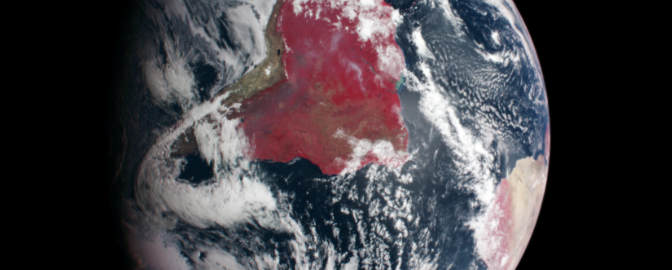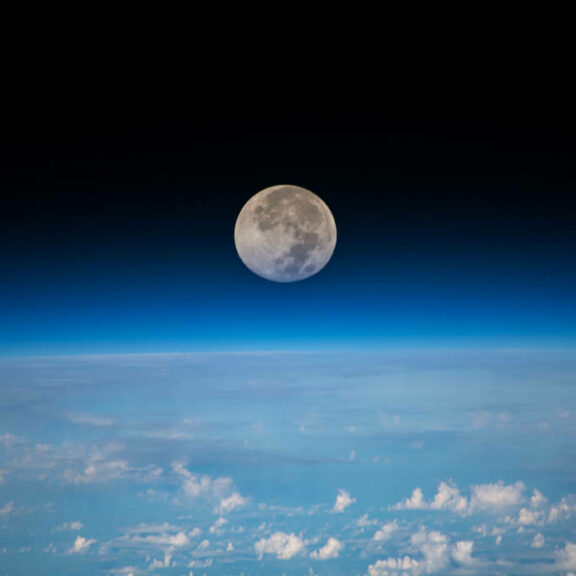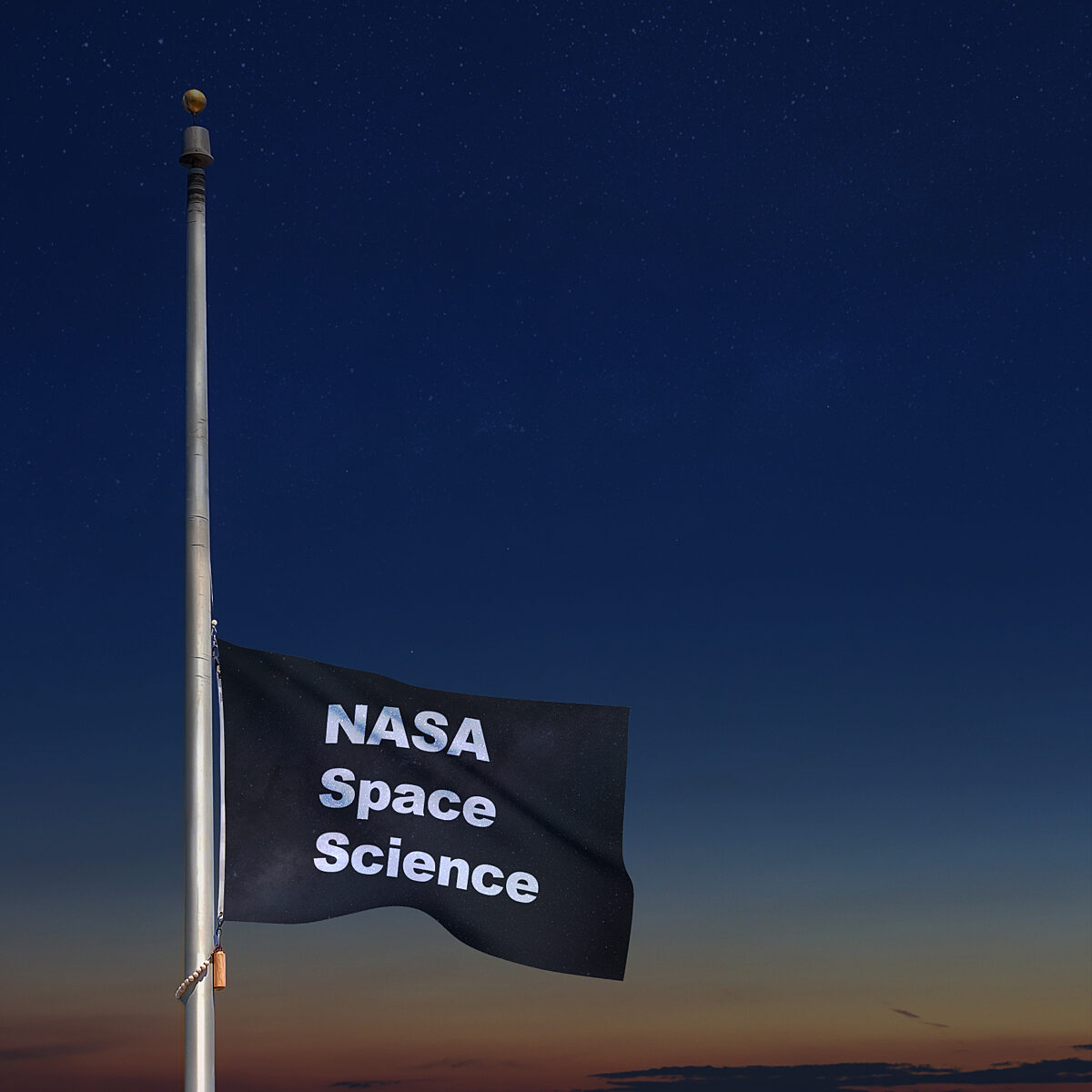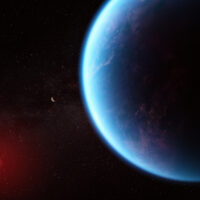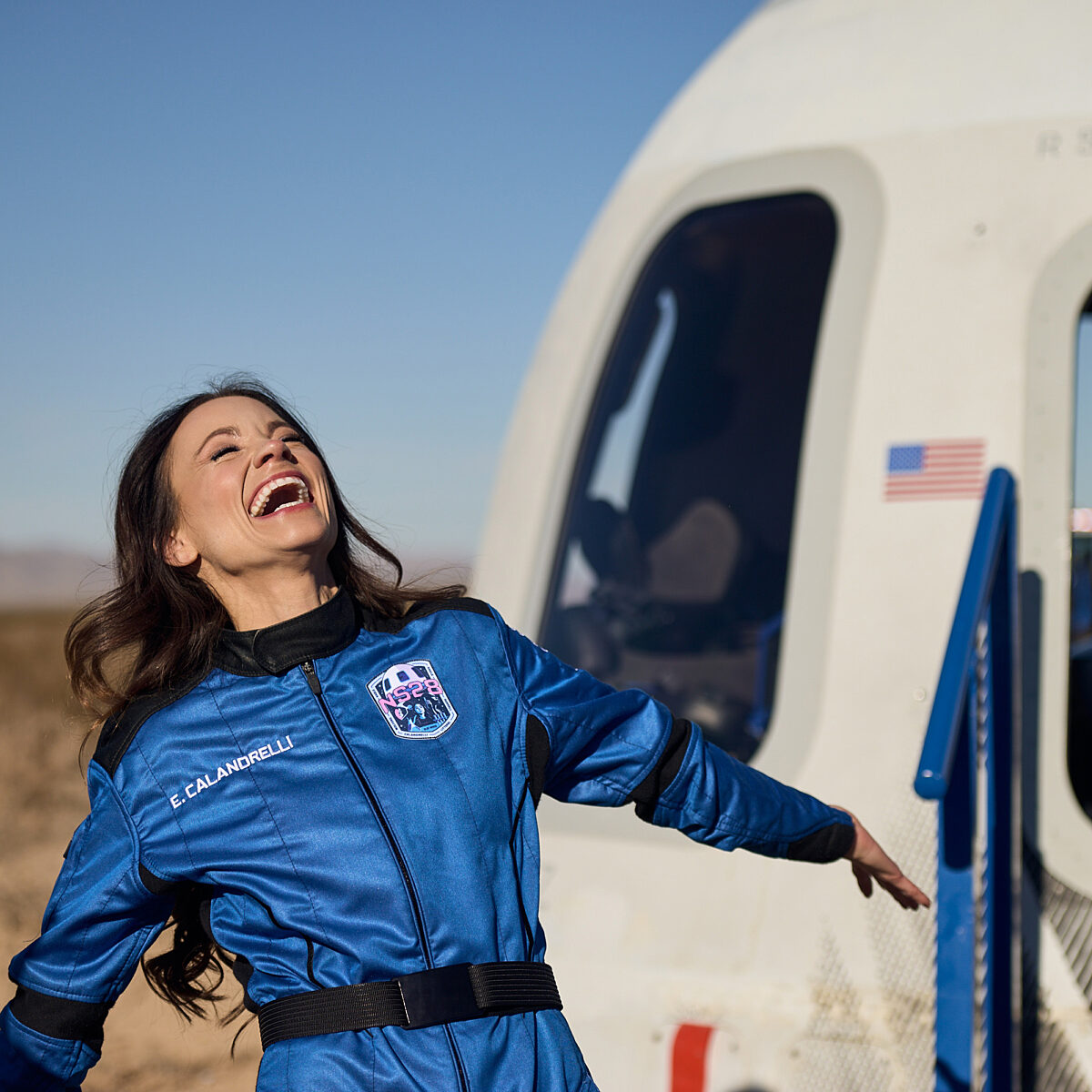Since 2002, Planetary Radio has visited with a scientist, engineer, project manager, advocate, or writer who provides a unique perspective on the quest for knowledge about our Solar System and beyond. The full show archive is available for free.
Search Planetary Radio
If the United States is indeed in a space race with China, why are we abandoning space science programs across the Solar System? This question, posed by guest Maxwell Zhu in a recent op-ed co-authored by The Planetary Society’s chief of space policy, reveals the current myopia around human spaceflight and the missing focus on a growing and ambitious new entrant into space science in the 21st century.
NASA’s Perseverance rover has found potential biosignatures in Jezero Crater’s Bright Angel formation. Host Sarah Al-Ahmed speaks with Joel Hurowitz, associate professor of geosciences at Stony Brook University and lead author of the new Nature paper, about this remarkable discovery.
Dr. Bhavya Lal argues that the 2020s are a decisive decade for in-space nuclear power. Without nuclear, humans may never be more than visitors on Mars or the Moon.
Erin Flynn-Evans, director of the Fatigue Countermeasures Laboratory at NASA Ames Research Center, shares how sleep science is helping astronauts stay healthy in space and prepare for future missions to Mars.
The Rubin Observatory releases its first public images, revealing millions of celestial objects. We explore the science with Stephanie Deppe, astronomy content strategist at Rubin Observatory.
Former NASA chief economist Akhil Rao explains why NASA needs economic expertise to navigate the complex — and often misunderstood — market forces that will determine the success or failure of its private partnerships.
The Fiscal Year 2026 congressional budget justification for NASA could mark the beginning of a dark age for NASA science. We examine what’s at stake and how you can help advocate for NASA’s future.
A Soviet-era Venus probe, Kosmos 482, spent 53 years in Earth's orbit before crashing back to the planet. Seismologist Ben Fernando explains its history, reentry, and how seismic technology could help track space debris.
Joanne Higgins joins Planetary Radio to share the untold stories of Black engineers who helped make the Apollo program possible. We explore their legacy, the challenges they faced, and how their stories can inspire a more inclusive future in space.
Hayley Arceneaux discusses her memoir Wild Ride and her newly released kids' book Astronaut Hayley's Brave Adventure, sharing the story of how her experiences with childhood cancer led to her space adventure aboard SpaceX's Inspiration4 mission.
Asteroid 2024 YR4 has captured global attention, but is it really a threat? Kate Howells breaks it down. Then, Casey Dreier and Jack Kiraly analyze how the new Trump administration is shaping NASA’s future.
Rocket Lab CEO Peter Beck outlines a $4B fixed-price plan for Mars Sample Return — and reveals new Venus mission details — before VP Richard French explains how a single, integrated team cuts costs and ensures success.
We celebrate Ed Stone’s lasting legacy with the unveiling of the Dr. Edward Stone Exploration Trail at JPL.
We discuss how to examine the science behind our favorite TV shows and movies with the co-hosts of the Does It Fly? podcast, Hakeem Oluseyi and Tamara Krinsky.
Knicole Colón, the deputy project scientist for exoplanet science for JWST, joins Planetary Radio to discuss the detection of methane and carbon dioxide in the atmosphere of K2-18 b.
Emily Calandrelli, also known as “the Space Gal,” shares her experience becoming the hundredth woman in space after blasting off on a Blue Origin suborbital rocket.
Marcia Smith, founder of Space Policy Online, joins the show to discuss the motivations and risks of pursuing change at NASA - and how much change can ultimately happen with Congress holding the purse strings.
The Planetary Society team reviews the best space moments of 2024, from the China National Space Administration's return of samples from the far side of the Moon to the triumphant launch of NASA's Europa Clipper mission.
Mohsen Al Awadhi and Hoor Al Hazmi, the director and science team lead for the Emirates Mission to the Asteroid Belt, join Planetary Radio for an update on the mission’s progress.
Morgan Cable and Hiro Ono from NASA's Jet Propulsion Laboratory join Planetary Radio to discuss the Exobiology Extant Life Surveyor (EELS) robot concept.


 Explore Worlds
Explore Worlds Find Life
Find Life Defend Earth
Defend Earth